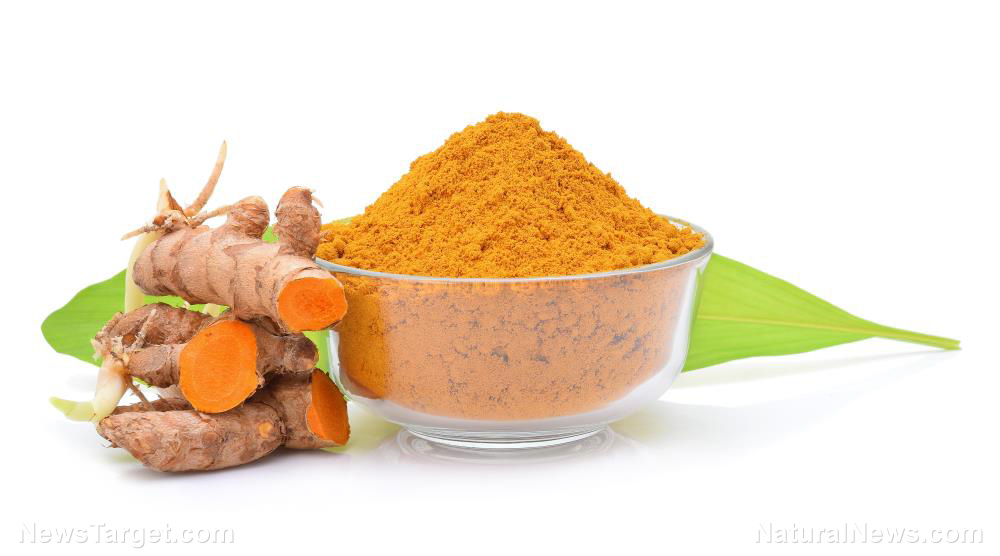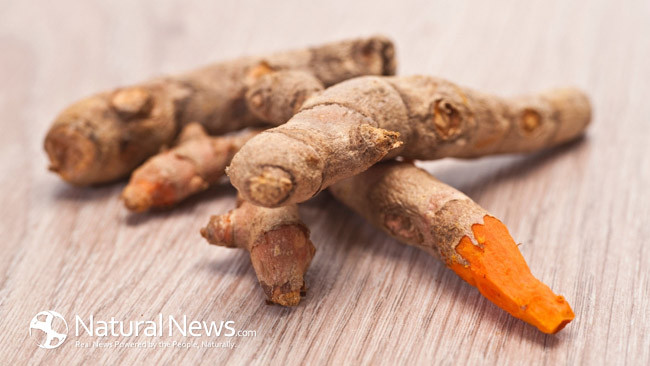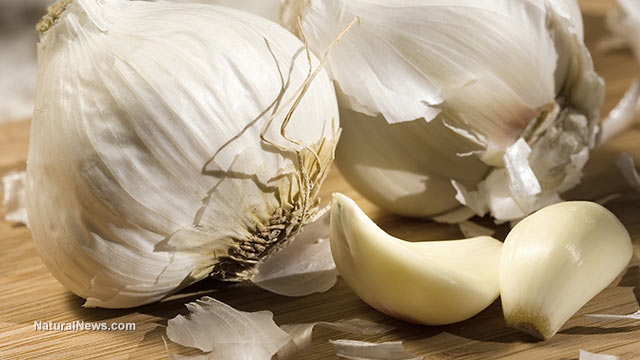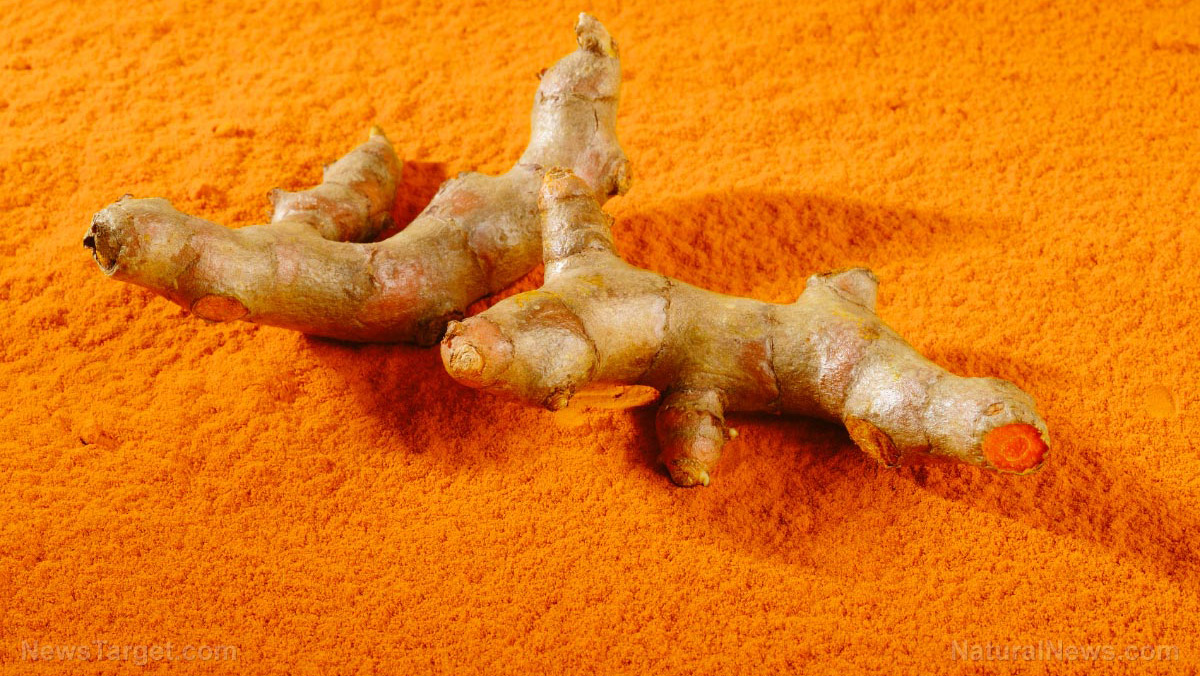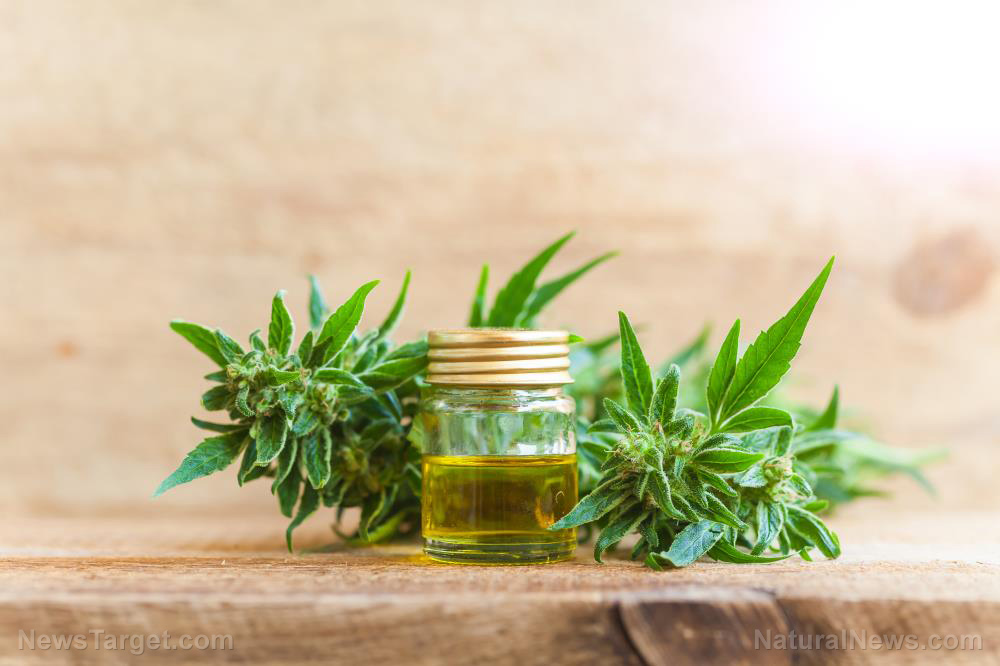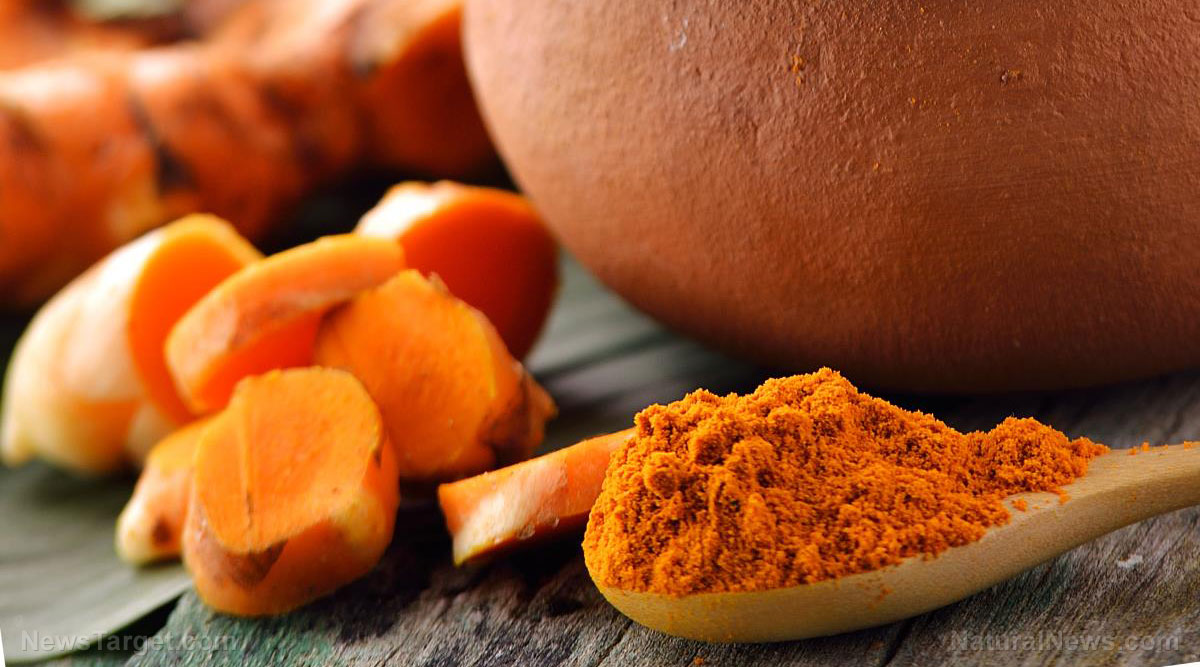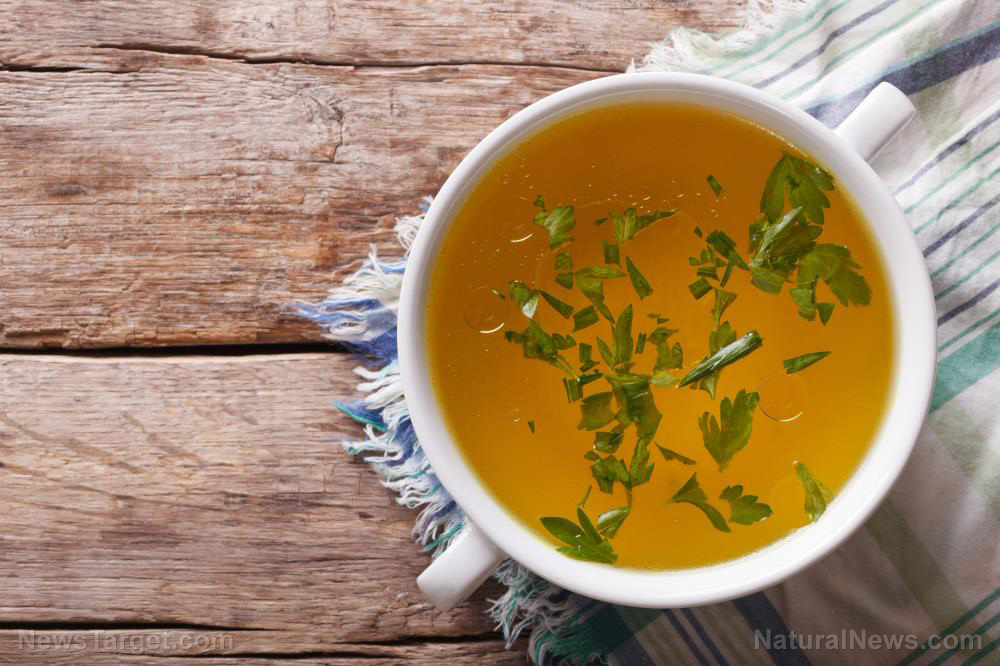These botanical medicines have a proven track record of curing Crohn’s
05/27/2019 / By Edsel Cook

Crohn’s disease is a chronic inflammatory bowel disease (IBD) that affects the digestive tracts of hundreds of thousands of patients. Thankfully, these people can avail themselves of natural medicines in the form of several medicinal plants whose effectiveness in treating IBD has been confirmed by clinical trials.
The protective powers of glutamine and Chios mastic gum
Although glutamine is not a plant, its potential in treating gut diseases like Crohn’s is remarkable. Glutamine is known to increase the regeneration of damaged intestinal cells and lower the risk of infections. It also speeds up the healing of the mucosal lining of the gut, thereby improving the mucosal barrier integrity of the intestine. In Crohn’s disease, the main goal is to help the mucosal lining heal.
The Chios mastic gum (Pistacia lentiscus var. Chia), on the other hand, contains oleanic acid, a natural compound that can suppress inflammation. A 2007 study by researchers from Harokopio University of Athens showed that taking mastic gum capsules each day substantially decreased the activity index of Crohn’s disease and increased the effectiveness of antioxidants in the body.
Furthermore, mastic gum reduced the levels of molecules associated with inflammatory immune responses. It also improved the gut’s ability to absorb nutrients by reducing the frequency of liquid stools. (Related: New therapy for IBD includes antifungals and probiotics for treating Crohn’s disease.)
Taking boswellia and cannabis as anti-inflammatory treatments for the gut
Ayurvedic practitioners have used boswellia (Boswellia serrata) to treat various diseases for thousands of years. The extract of the tree’s oleo gum resin contains boswellic acids that decrease the expression of pro-inflammatory signaling molecules. Boswellic acids also stop the formation of reactive oxygen species and proteases that play a role in autoimmune disease.
Boswellia could treat chronic inflammatory disorders such as bronchial asthma, IBD, osteoarthritis, and rheumatoid arthritis. A 2001 review conducted by researchers from the Faculty of Medicine in Mannheim at University of Heidelberg showed that boswellia matched the effectiveness of pharmaceutical drugs and was well-tolerated by patients with Crohn’s disease.
Cannabis is another plant that can alleviate the effects of IBDs. Cannabis activates the cannabinoid receptors in the colon, which can alleviate IBD symptoms and reduce damage to the gut.
Tetrahydrocannabinol (THC)-rich cannabis can induce complete remission in patients with Crohn’s disease. It can also reduce their dependency on steroid therapy. Cannabis is an effective alternative for patients whose symptoms are resistant to treatment with immunomodulators and anti-tumor necrosis factor-alpha agents – conventional medicines used to manage inflammation.
Turmeric and wormwood are remedies from ancient times
Turmeric is not just a popular spice in many Asian cuisines, it is also used in traditional medicine to treat infection, mood disorders, skin diseases, and stress.
Its main bioactive component is curcumin, a powerful antioxidant that can regulate inflammation. Studies have shown that curcumin can reduce the inflammatory response and improve the conditions of patients who have Crohn’s disease and proctitis. Curcumin can also improve cases of ulcerative colitis that could not be treated by pharmaceutical drugs.
Wormwood (Artemisia absinthium) has been used in traditional medicine since ancient times. Taking wormwood supplements can significantly reduce the need for steroids during conventional treatment of Crohn’s disease.
In one study, researchers from the University of Freiburg tested wormwood’s effect on patients with IBD. They found that wormwood can decrease the concentrations of inflammatory cytokines in the body. It also did not cause any side effects, unlike anti-inflammatory pharmaceutical drugs.
Besides taking these herbal medicines, patients with Crohn’s disease and other IBDs can improve their gut health using other natural means. They can eat antioxidant-rich foods, find ways to manage their stress, start exercising regularly, and ensure that they get adequate sleep every day.
Sources include:
Submit a correction >>
Tagged Under:
alternative medicine, anti-inflammatory, antioxidants, Boswellia serrata, boswellic acids, cannabinoid receptors, cannabis, Chios mastic gum, chronic inflammatory disorders, clean food, Crohn's, crohns disease, curcumin, digestive health, digestive tract, disease treatments, food cures, food is medicine, functional food, gut health, herbal medicine, herbal remedies, Herbs, IBD, inflammation, inflammatory bowel disease, inflammatory cytokines, inflammatory immune responses, intestine, L-Glutamine, medicinal plants, mucosal barrier integrity, mucosal lining, natural cures, natural medicine, Natural Treatments, Naturopathy, oleanic acid, oxidative stress, prevention, remedies, research, Steroids, TCM, turmeric, wormwood
This article may contain statements that reflect the opinion of the author
RECENT NEWS & ARTICLES
COPYRIGHT © 2017 TURMERIC NEWS

